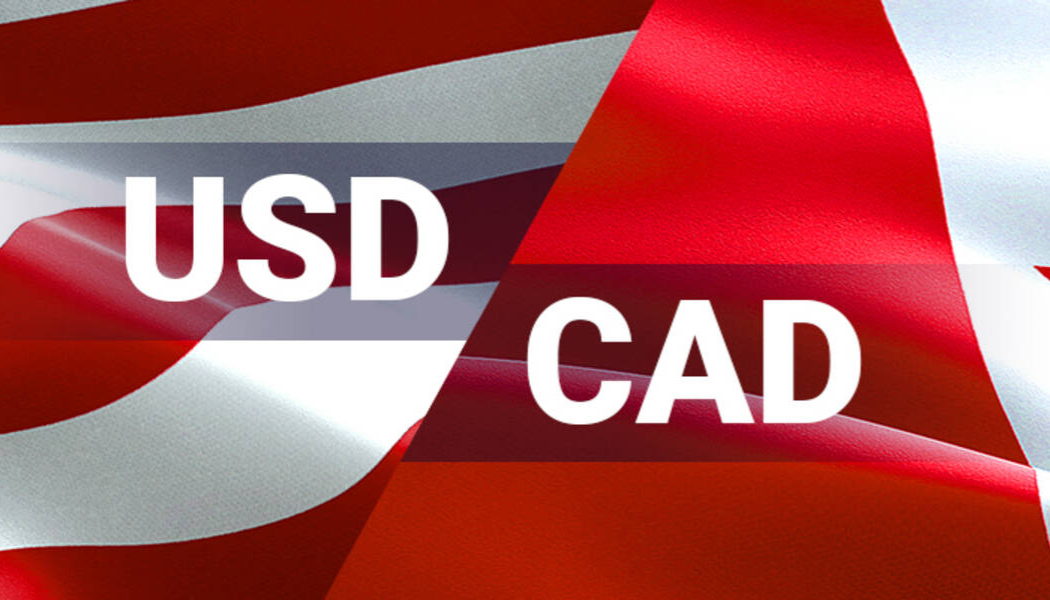Gold has always been a symbol of wealth, prosperity, and security across the world, and its significance in Arab countries is particularly noteworthy. From jewelry to investment, gold is deeply ingrained in Arab culture, traditions, and economies. In this article, we delve into the current state of gold prices in Arab nations, the factors influencing these prices, and the role gold plays in the lives of the people and the broader economy.
Understanding Gold’s Importance in Arab Countries
Arab countries, particularly those in the Gulf Cooperation Council (GCC) like Saudi Arabia, the UAE, Qatar, Kuwait, Oman, and Bahrain, are known for their affinity for gold. Whether it is in the form of exquisite jewelry or as an investment, gold is highly sought after in these regions. Cultural events, weddings, and festivals see a surge in gold demand, as it is often considered an auspicious and prestigious gift.
Furthermore, many Arab countries see gold as a stable asset for investment. Given the volatility of currencies and stock markets, gold offers a hedge against inflation and economic uncertainty, making it a preferred choice for long-term security.
What Determines the Price of Gold in Arab Countries?
The price of gold in Arab countries, as elsewhere, is influenced by a combination of global and local factors. Here are the primary determinants:
1. Global Gold Market Trends
The international gold market plays a pivotal role in determining local gold prices. Gold is traded globally in US dollars, and fluctuations in global demand, supply, and economic conditions directly impact its value. Major gold markets like New York, London, and Shanghai set benchmark prices that ripple through local markets.
2. Currency Exchange Rates
Since gold is traded in US dollars, the strength of local currencies against the dollar significantly affects its price. For example, in GCC countries where currencies are pegged to the US dollar, gold prices align more closely with global rates. However, in non-pegged economies, exchange rate fluctuations can cause variations.
3. Oil Prices and Economic Health
Oil-rich Arab nations often see a correlation between oil prices and gold demand. Higher oil revenues lead to greater disposable income and investment in gold. Conversely, declining oil prices can reduce demand, although gold may still serve as a hedge in uncertain times.
4. Local Taxes and Duties
While some countries like the UAE have introduced a value-added tax (VAT) on gold, others maintain tax-free or low-tax environments. These policies directly affect the retail price of gold, influencing its affordability and demand.
5. Cultural and Seasonal Demand
Cultural events like weddings and religious holidays such as Ramadan and Eid often see a surge in gold purchases. Seasonal demand can also temporarily drive up prices in local markets.
Current Gold Prices in Arab Countries
Gold prices in Arab countries are typically quoted per gram for different purities, such as 24K, 22K, 21K, and 18K. For instance:
- Saudi Arabia: Gold prices here align closely with global rates due to the country’s economic stability and strong currency.
- UAE (Dubai): Known as the “City of Gold,” Dubai’s gold souks and markets offer competitive prices, making it a popular destination for gold buyers worldwide.
- Egypt: Gold prices in Egypt can vary significantly due to currency fluctuations and local economic conditions.
As of January 2025, the average price of 24K gold across Arab countries is approximately $60 per gram, although this varies based on local market conditions and purity levels.
How to Check Gold Prices in Arab Countries
For accurate and real-time gold prices, buyers and investors can use several resources:
- Online Gold Market Platforms
Websites and apps provide live gold rates based on global and local market trends. Platforms like GoldPrice.org, Dubai Gold and Jewellery Group, and local jeweler websites are reliable sources. - Local Gold Souks and Jewelers
Visiting gold markets or jewelry stores remains one of the most common ways to get up-to-date prices. These locations often display current rates prominently. - Financial News Outlets
News channels and websites regularly report on gold price fluctuations, especially in regions where gold holds cultural and economic importance.
Investing in Gold: Popular Methods in Arab Countries
1. Jewelry
Jewelry remains the most popular form of gold investment in Arab countries. Buyers prefer 22K and 21K gold for its purity and aesthetic appeal. Many consider gold jewelry both a fashion statement and a form of financial security.
2. Gold Bars and Coins
For those interested in pure investment without the additional cost of craftsmanship, gold bars and coins are preferred. They offer higher purity (24K) and are often exempt from making charges, making them a cost-effective option.
3. Gold ETFs and Digital Gold
With the rise of financial technology, digital gold and exchange-traded funds (ETFs) have gained popularity. These options allow investors to own gold without physically storing it, providing convenience and security.
4. Central Bank Reserves
Many Arab nations, including Saudi Arabia and the UAE, maintain significant gold reserves as part of their central bank assets. This underscores gold’s role as a stabilizing force in the national economy.
Tips for Buying Gold in Arab Countries
- Verify Purity
Always check the purity of gold before making a purchase. Look for hallmarks and certifications that guarantee authenticity. - Compare Prices
Gold prices can vary slightly between vendors. Comparing rates at different stores or online platforms ensures the best deal. - Consider Making Charges
When buying jewelry, consider the making charges, which can vary widely based on design complexity and vendor policies. - Understand Market Trends
Track global and local market trends to buy gold during price dips, maximizing value for money.
Why Gold Remains a Safe Haven Asset
Gold’s enduring appeal lies in its stability and intrinsic value. Unlike paper currencies or stocks, gold retains its worth over time, making it a reliable investment during economic uncertainty. For Arab countries with economies tied to oil, gold offers diversification and protection against volatile oil prices.
Moreover, gold’s universal appeal ensures its liquidity. Whether held as jewelry, coins, or digital assets, gold can be easily converted into cash, making it a practical choice for both individuals and institutions.
Conclusion
Gold holds a special place in the hearts and economies of Arab countries. Whether as a cherished cultural symbol, a reliable investment, or a tool for economic stability, gold continues to play a pivotal role. Understanding the factors influencing gold prices, along with the methods for buying and investing in it, empowers individuals to make informed decisions.
As gold markets evolve and digital investment options grow, the significance of this precious metal remains unshaken. For those in Arab countries and beyond, gold is not just a metal—it’s a legacy of wealth and security that spans generations.



